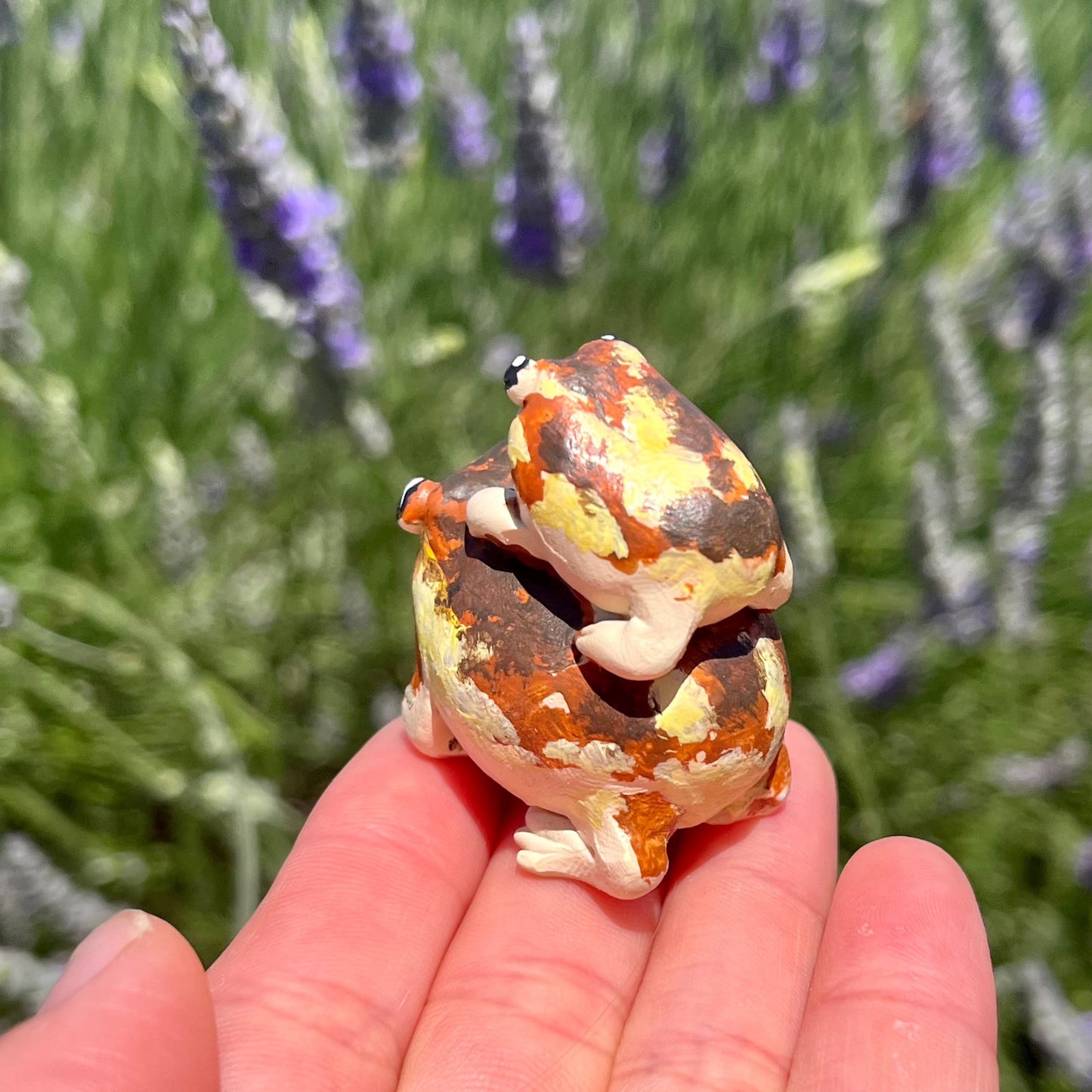Common Wellness Issues in Reptiles: Signs And Symptoms and Solutions
In the intricate globe of reptile care, recognizing the typical wellness problems that might impact these distinct creatures is critical in guaranteeing their well-being. Whether it's grappling with parasitical invasions, browsing dehydration concerns, or resolving skin disorders that manifest in refined means, being attuned to the signs and geared up with the expertise of effective solutions is essential for any type of reptile proprietor.
Breathing Infections
Respiratory system infections in reptiles can significantly impact their total health and wellness and need timely attention from experienced vets. In reptiles, breathing infections can be specifically testing to detect and deal with due to their unique composition and physiology.
Treatment for respiratory infections in reptiles generally involves a mix of supportive care, such as maintaining appropriate humidity levels and temperature level slopes in the unit, along with targeted medicine to address the particular microorganism liable for the infection. It is critical for reptile proprietors to monitor their animals closely for any indicators of respiratory system distress and look for vet treatment at the earliest indicator of a concern. With timely treatment and suitable therapy, lots of reptiles can recuperate fully from breathing infections and return to typical tasks.

Metabolic Bone Condition
What elements add to the advancement of Metabolic Bone Disease in reptiles?
Metabolic Bone Condition (MBD) in reptiles is primarily brought on by a lack of proper calcium, phosphorus, and vitamin D3 levels in their diet plan. When reptiles do not get adequate calcium, either through their food or appropriate UVB exposure for vitamin D3 synthesis, they are at a high danger of creating MBD. Reptiles with diet regimens reduced in calcium or unbalanced calcium to phosphorus ratios are particularly at risk. Furthermore, insufficient direct exposure to UVB light stops reptiles from manufacturing vitamin D3, which is critical for calcium absorption and bone health.
Other contributing elements to MBD include improper temperature level slopes within the reptile's environment, leading to reduced metabolic rate and damaged calcium absorption. Inadequate humidity degrees can additionally affect a reptile's capability to metabolize calcium effectively. Particular reptile varieties have specific nutritional demands that, if not met, can raise the chance of creating MBD. Routine veterinary examinations, proper husbandry techniques, and a balanced diet regimen are vital to stop Metabolic Bone Illness in reptiles.
Parasitical Infestations
Parasitical infestations posture a considerable health threat to reptiles, influencing their total well-being and needing punctual vet interest. Reptiles can be influenced by various bloodsuckers, including termites, ticks, internal worms, and protozoa. These parasites can trigger a series of signs, such as weight-loss, lethargy, skin irritation, diarrhea, and also fatality if left untreated.
One typical bloodsucker found in reptiles is the mite, which can trigger skin anemia, irritability, and anxiety. Ticks are another external parasite that can trigger and transmit conditions pain to the reptile. Inner parasites like worms and protozoa can lead to gastrointestinal issues, poor nutrition, and damage the reptile's immune system.
To identify a parasitic invasion, a veterinarian may carry out fecal tests, skin scrapings, or blood examinations. Treatment typically includes deworming medicines, antiparasitic baths, or in serious situations, a hospital stay. Preventative procedures such as regular vet exams, correct hygiene, and quarantine procedures for new reptiles can aid minimize the threat of parasitical invasions and make certain the health of reptile pet dogs.
Dehydration and Hydration Issues
Dehydration in reptiles can considerably impact their health and well-being, demanding prompt check this intervention and suitable hydration management. Reptiles are vulnerable to dehydration because of numerous aspects such as inadequate water consumption, high ecological temperatures, and certain wellness conditions. Signs of dehydration in reptiles consist of sunken eyes, lethargy, loss of skin flexibility, and reduced urination. If left untreated, dehydration can bring about serious health and wellness issues and also be fatal to the reptile.
To prevent dehydration, reptile proprietors should make certain that their animals have accessibility to clean water in any way times. The water meal should be big sufficient for the reptile to soak in if required, specifically for types that absorb water with their skin. In addition, maintaining correct humidity degrees in the reptile's unit and offering regular bathrooms can help stop dehydration.
In instances of dehydration, it is vital to look for veterinary care promptly. A vet might carry out liquids either orally or with shots to rehydrate the reptile. It is vital to attend to the underlying source of dehydration to stop reoccurrence and ensure the reptile's overall wellness.
Skin Conditions

Final Thought

Breathing infections in reptiles can considerably influence their general wellness and call for prompt focus from skilled veterinarians (rain frog for sale). Preventative actions such as routine vet check-ups, correct health, and quarantine procedures for brand-new reptiles can help reduce the risk of parasitic problems and guarantee the well-being of reptile pet dogs
If left unattended, dehydration can browse around this site lead to major wellness concerns and also be fatal to the reptile.
Regularly checking your reptile for any kind of changes in skin appearance, structure, or shade can assist in early discovery and therapy of skin ailments, promoting the total wellness and health of your scaly companion. - rain frog for sale
In final thought, reptiles are prone to numerous health problems such as breathing infections, metabolic bone illness, parasitical infestations, dehydration, and skin ailments.